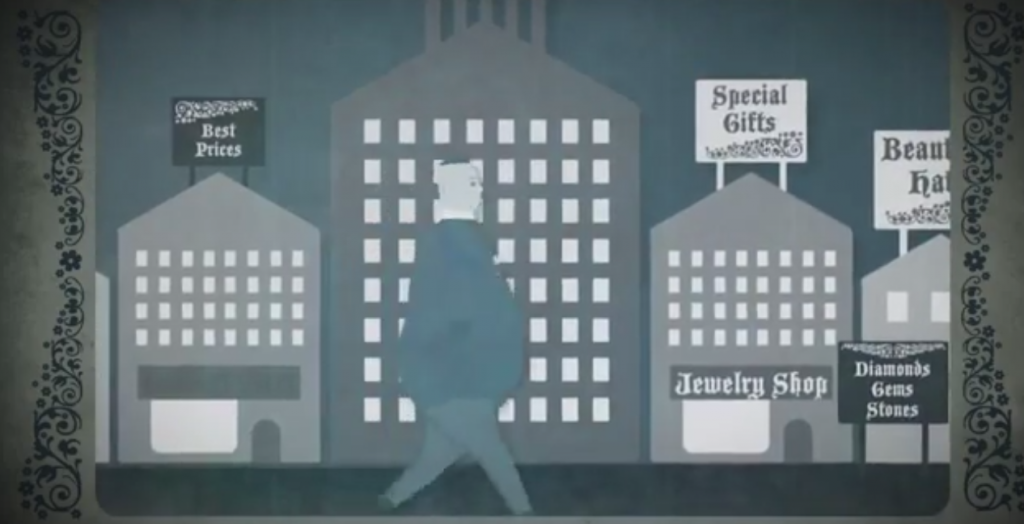
Classroom activities
Here you’ll find some practical ideas for working with the clip. Choose the ones that suit your teaching aims, particular group of learners, your teaching style, and then plan your own lesson.
PRE-VIEWING ACTIVITIES
‘Mystery X’
Ask your students what ‘X’ might stand for in the following sentence:
‘X has poisoned our minds and corrupted our culture.’
Note: There is no correct solution here. It could be e.g. conformity, school, greed, selfishness, the media. In the clip mystery x is: advertising.
‘Reflect and Share’
The aim of this activity is to explore what pollution means. Ask your students to think individually about the following questions, then discuss them together.
- What are some synonyms of the word pollution?
- List some common collocations with pollution.
- What do you think is meant by visual pollution?
‘Key lexis’
Check understanding of key vocabulary, language chunks. E.g. spiritual meaning, contaminate, moral sensibility, poison, toxic, obese, overconsumption, be unaware, subconscious level, billboard, warning, claim made by advertising, suffer hardship, pop pills, sales rank, moron, corrupt, the noble pursuit of virtue, wisdom, stewardship of nature, ephemeral pleasure, gadget, ecological collapse, obscure our vision
POST-VIEWING ACTIVITIES
‘Reflective Writing’
Give your students a few minutes to write a comment about what they have just seen. You can provide some structure for this by asking them to complete any three of the sentences below:
- I found out that …
- I was surprised that ….
- I believe that ….
- It would be good if ….
- I wonder if …
- I usually …
- In my view …
‘Gapped Dictation’
Dictate the following sentences, indicating the initials of the missing words:
Advertising o_________s our vision, preventing us from seeing that our c_____________ is marching toward ecological c________ because of o________________ .
Then ask students in pairs or small groups to work out the missing words. When checking the answers accept all possible solutions.
Solution based on the clip: obscures / civilization / collapse / overconsumption.
‘Follow-up Discussion’
Here are some questions to facilitate this:
- What’s the difference between needs and wants?
- Have you ever bought anything that you didn’t really need? If yes, what and why?
- How does advertising work?
- Are you influenced by advertising?
- What are ‘junk thoughts’ and where do they come from?

Excellent video. One topic here is ‘consumerism’ and what it does to us. What is consumerism as a kind of ideology or way of life, a question the video points to?
Students can watch the short video “Buying Happiness- is consumerism the new religion?” on youtube and discuss. It raises many questions
All students have favorite ads from TV or Internet. That can be an interesting focus for an individual essay, group work, discussion in class. Visuals can be brought in, analyzed.
Can students imagine a world without ads? Many of my friends grew up in a Bulgaria that had almost no adverts for any products (commodities) on TV or elsewhere before the mid-1980s. There were very few competing brands of anything. Consumerism as we know it did not exist. How can an economy function without advertising?
.